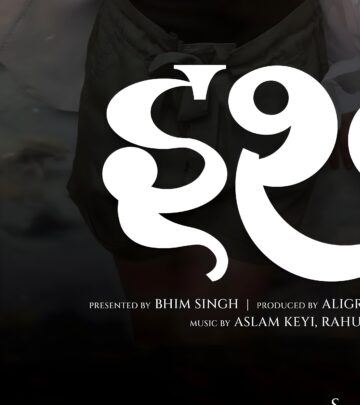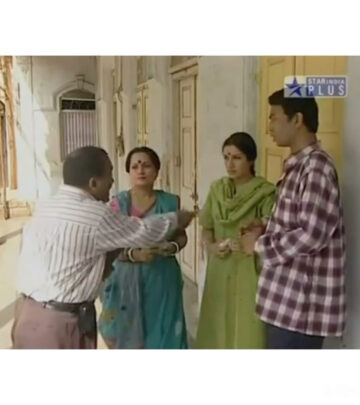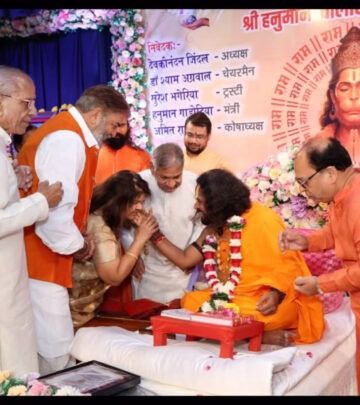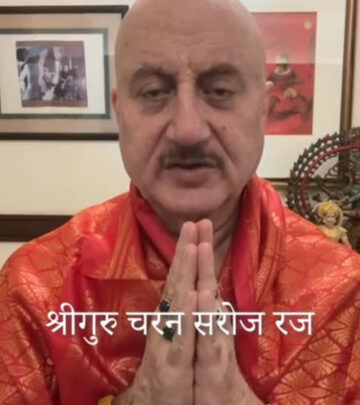Madhura Naik Shares Heartbreaking Post From Kashmir Amid Rising Tensions
Actress expresses anguish over Pahalgam's transformation from paradise to conflict zone.
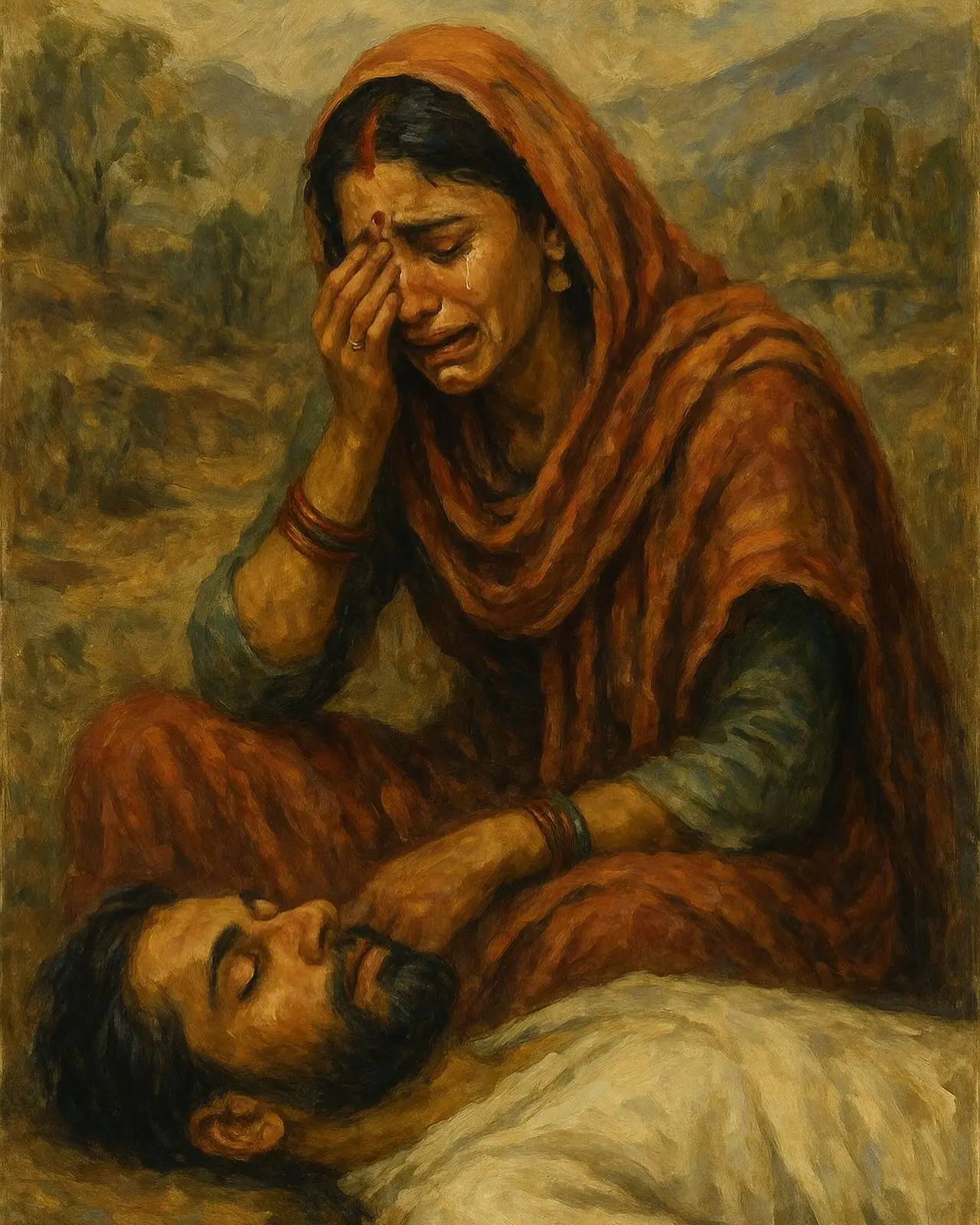
Image: Instagram
Actress Madhura Naik recently shared a deeply emotional and heartbreaking post from Kashmir, featuring a powerful painting that depicts a woman crying over the body of her deceased husband. The artwork poignantly captures the anguish and grief caused by violence and loss, resonating strongly amid the region’s rising tensions. Through this evocative image, Madhura conveys the human cost of conflict, emphasizing the pain endured by countless families caught in turmoil
Expressing her distress over the region’s transformation from a heavenly paradise to what she describes as a hellish environment marred by conflict, Naik began captioned her post with the famous Persian couplet about Kashmir: “Gar firdaus, bar ruhe zamin ast, hamin asto, hamin asto, hamin ast” – a verse often translated as “If there is paradise on earth, it is this, it is this, it is this.” However, she followed this with a stark contrast, writing: “What they said is heaven on earth, they turned it to hell 💔”
The post, which features an image of the a grieving woman, whose husband was shot by terriorists of Pahalgam, Kashmir, is accompanied by multiple broken heart emojis and the hashtags #hindulivesmatter and #hatebreedsterrorism, suggesting deep concern over the situation affecting the Hindu community in the region.
This emotional expression not only highlights the pain and vulnerability of those directly impacted by violence but also draws attention to the broader communal and sectarian tensions that have shaped Kashmir’s recent history
The contrast between Kashmir’s natural beauty and its troubled political reality has been a recurring theme in discussions about the region, and Naik’s post reflects this ongoing tension between Kashmir’s reputation as a paradise and the complex realities on the ground. Naik’s heartfelt post from Kashmir also powerfully underscores the profound human cost of conflict.
Read full bio of Glendon Moss



